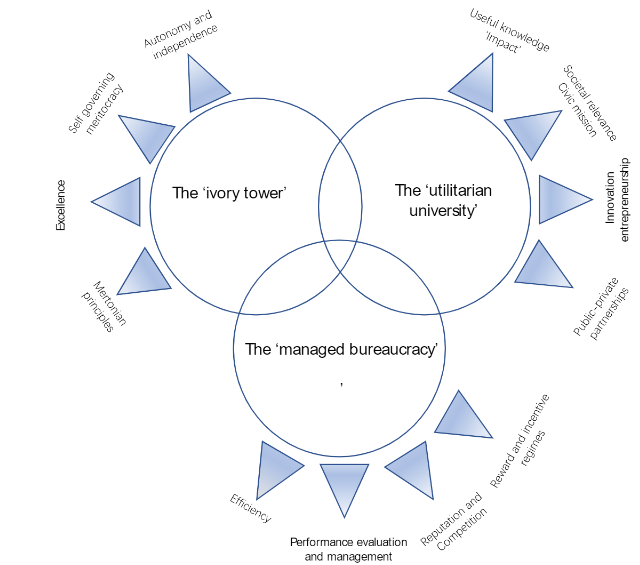
Enabling open science and societal engagement in research
On the 1st of July 2021, the Science with and for Society (SwafS) organised a workshop to discuss what could be done to encourage open science and societal engagement initiatives within research organisations across Europe. Invited to this workshop were members of the European University Alliances under the European Universities Initiative and representatives from projects involved in the Responsible Research and Innovation institutional change portfolio, which included us at the ResBios project. Project leaders Daniele Mezzana and Carla Montesano, from Università degli studi di Roma Tor Vergata attended this online event and shared the experiences of our partner institutes who have been implementing grounding actions that focus on open access, open science, and societal engagement. This was also a fantastic opportunity to hear the experiences of project coordinators, and to learn about alternative approaches to this issue.
Throughout this discussion, three main institutional logics and how these approaches could best facilitate the uptake of open science were discussed throughout the workshop. These institutional logics included:
- ● The Ivory Tower-grounded in the independence of researchers, who are free to pursue research with the primary goal of producing knowledge that contributes to understanding of the natural and social worlds
-
● The Utilitarian University – places emphasis on ‘useful’ knowledge, impact and external partnerships. It can be thought of broadly as ‘applied research’, innovation and research that is aimed at meeting strategic policy challenges (e.g. ‘net zero’). -
● Managed Bureaucracy – This is a logic that supports, manages, and resources the other two logics, emphasising bureaucracy, efficiency, centralisation and performance.● Managed Bureaucracy – This is a logic that supports, manages, and resources the other two logics, emphasising bureaucracy, efficiency, centralisation and performance.

- 1) Universities and other research performing organisations should make reforms to criteria, metrics and processes supporting researchers’ recruitment and career progression in order to reward open-science practices.
-
2) The European Commission, national research funders and national policy makers should consider the institutionalisation of open science in universities and other research performing organisations as a long-term project for which they should provide leadership, co-ordination and sustained legitimation. -
3) The European Commission, national policy makers and research funders, universities and other research performing organisations should continue to make reforms to indicators, measures and processes utilised by them in project, programme, researcher and research unit evaluations to ensure these include assessment and evaluation of open-science practices. -
4) The European Commission and national research funders should continue to improve criteria, metrics and methods that underpin research proposal evaluation processes. -
5) University ranking organisations should undertake substantial reforms to criteria, metrics and methods that underpin ranking systems for universities and career progression and reward for researchers who follow these pathways in order to reward open-science practices.
Further details on these recommendations, and additional information about the findings from this workshop can be found in the EU publication, Enabling open science and societal engagement in research.
